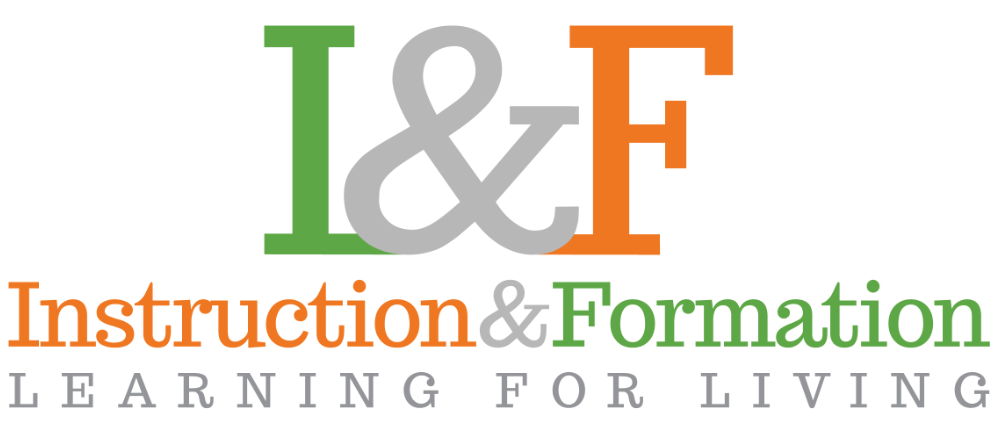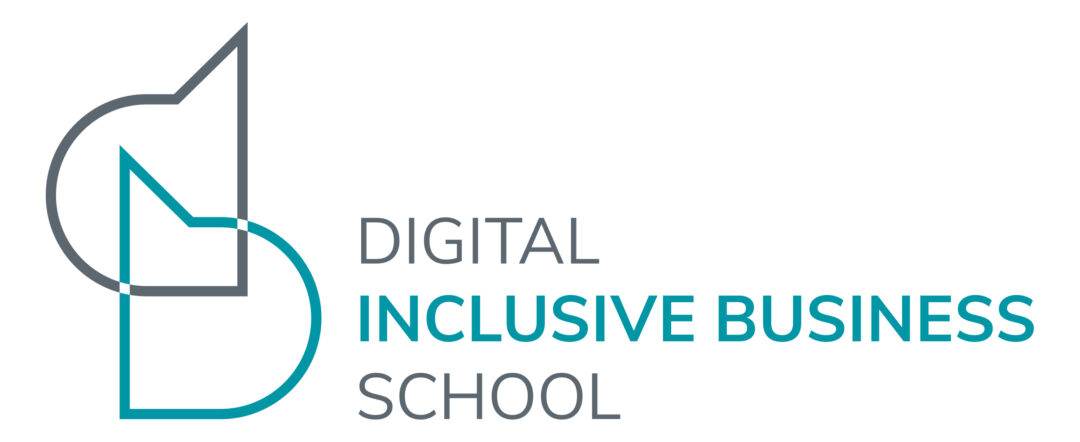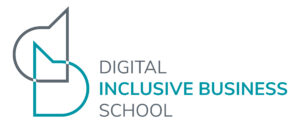DIGITAL INCLUSIVE BUSINESS SCHOOL PROJECT
EU faces a huge challenge, the socio-economic inclusion of the increasing population of the target group of this project: Migrant Low Qualified Adults (MALQs). Eurostats: the EU unemployment rate was 7.3% in January 2021, up from 6.6% in January 2020. https://ec.europa.eu/eurostat/documents/portlet_file_entry/2995521/3-04032021-AP-EN.pdf/cb6e5dd6-56c2-2196-16b7-baf811b84a4f Situation gets worse in some of the consortium partners countries: Greece 16.5%, followed by Spain at 16.1%, Italy 9.9%. Situaion becomes really serious when focusing on the MALQ population: the EU-27 unemployment rate for people aged 20 to 64 years was 12.3 %, for those born outside the EU, 7.3 % but for those born in another EU Member State and 6.0 % for the native-born population.
Diversity of the migrant community: Eurostat shows that EU migrant population growing rapidly in number and diversity. Practical and inclusion education is more important than ever. Eurostats: https://ec.europa.eu/eurostat/statistics-explained/index.php/Migration_and_migrant_population_statistics.
The Digital Inclusive Business School (DIBS) will support the EU and the Eramus+ program to promote and include vulnerable groups such MALQs by developing a holistic inclusive business and support. This mail goal will subordinate and inspire the totality of the projects results and outcomes.
DIBS will offer a long-term and lifelong solution that will finally encourage the development of blended enterprises where migrants and locals will work together to create new enterprises.MALQs will then be capable to fully integrate socioeconomically, breaking up exclusion barriers and the ghettos to finally enjoy and be proud of the migrant origin and full citizenship rights. Also, DIBS will set up the path to promote a Pan-European network of Business Inclusive Business Schools resembling top private business schools. Below you will find a list of MALQs main needs.
– DIBS e-platform will address their limited study time during working hours as well as the lack of study habit. The platform will also break geographical barriers (a large percentage of the immigrant population lives in rural areas or the suburbs of big cities)
– DIBS tailored content will address their specific training needs of their businesses
– DIBS modularity will address the learning flexibility they need.
– DIBS will include a digital module to address the need for digital training.
– DIBS blended learning methodology will support their need to be mentored during the training. The platform will have a video conferencing capability to provide online coaching and mentoring.
– DIBS will create a network of users to address the need for a supportive community and a marketplace of business ideas for migrants.
– DIBS strong partnership combines top business education with organization working at the grassroots. This addresses the need for high-quality but tailored education adapted to their need’s indication.
– DIBS will certify the study of their modules so they can get local recognition from training companies or universities. The certification will target integration and inclusion.
– DIBS business case methodology will address they need to have practical content and practical tools to develop their business from the minute one.
– DIBS sustainability plan will promote the creation of digital business schools all across Europe to create a network of sustainable business ideas and to raising public awareness about the opportunity of embracing migration into the social economic future of Europe.
– DIBS will include a specific module about environmentally friendly businesses to address the immense and urgent need to fight against climate change.
What are the expected results of our project?
The Digital Online Business School aims to be the first inclusive school for migrant adults low qualified. Our long-term goal is to establish one school in each of the countries of the European Union ideally in conjunction with universities. In order to achieve this, we have divided the work to do into three results. More information about this result is available on production of the results section.
RESULT 1: DESK RESEARCH AND SELF ASSESSMENT TOOL
Task 1.1 : To develop guidelines, common tools and templates for conducting concise research, combining documentary
and field research components.
Task 1.2: Online Self-Assessment Tool and Focus Groups
Task 1.3 State of the Art Report
RESULT 2 – MODULAR AND CUSTOMISED CAPACITY BUILDING PROGRAM
Task 2.1 – Development of the Training Modules
Task 2.2 Development of the training manual for trainers and toolkit
RESULT 3 – INCLUSIVE BUSINESS LABS and E-PLATFORM
Task 3.1: Preparation of the Inclusive Business Labs (IBLs)
Task 3.2: Implementation of the IBL
Task 3.3 Finalisation of the IBLs
Task 3.4 Development of the online-training platform (OER)
Our partners
-FUNDACION UNIVERSIDAD LOYOLA ANDALUCIA – Spain
-FORUM PARA LA EDUCACIÓN Y EL DESARROLLO, SL – Spain
-SYMPLEXIS Greece
-I AND F EDUCATION AND DEVELOPMENT – Ireland
-ZEWELEPE CONSULTANTS LIMITED – Cyprus
-CESIE – Italy
For further information, please visit: https://dibs-project.eu/




